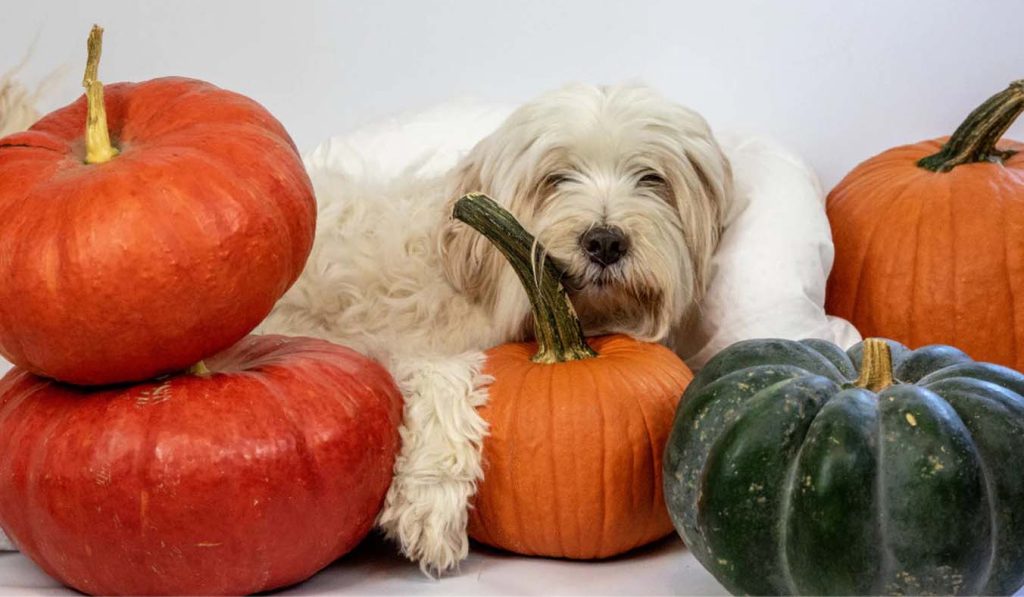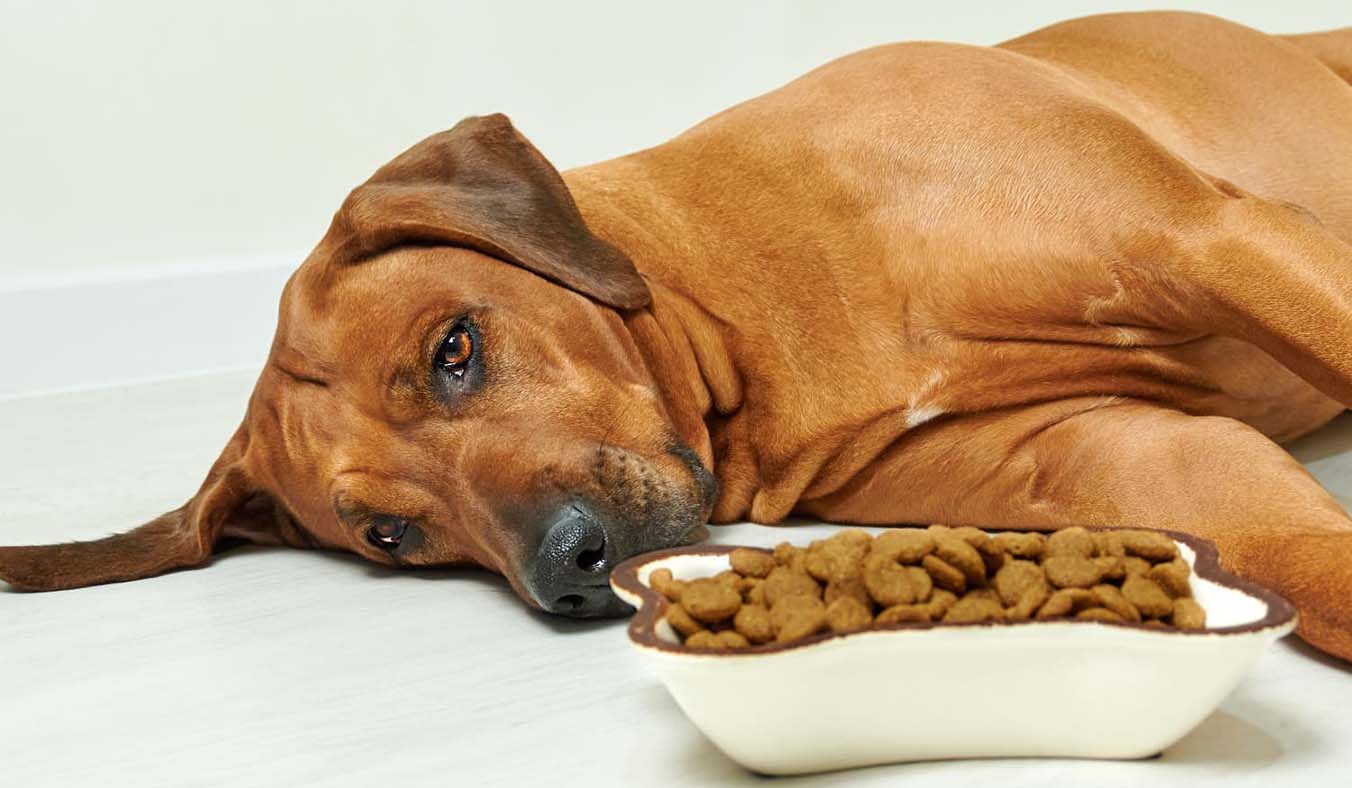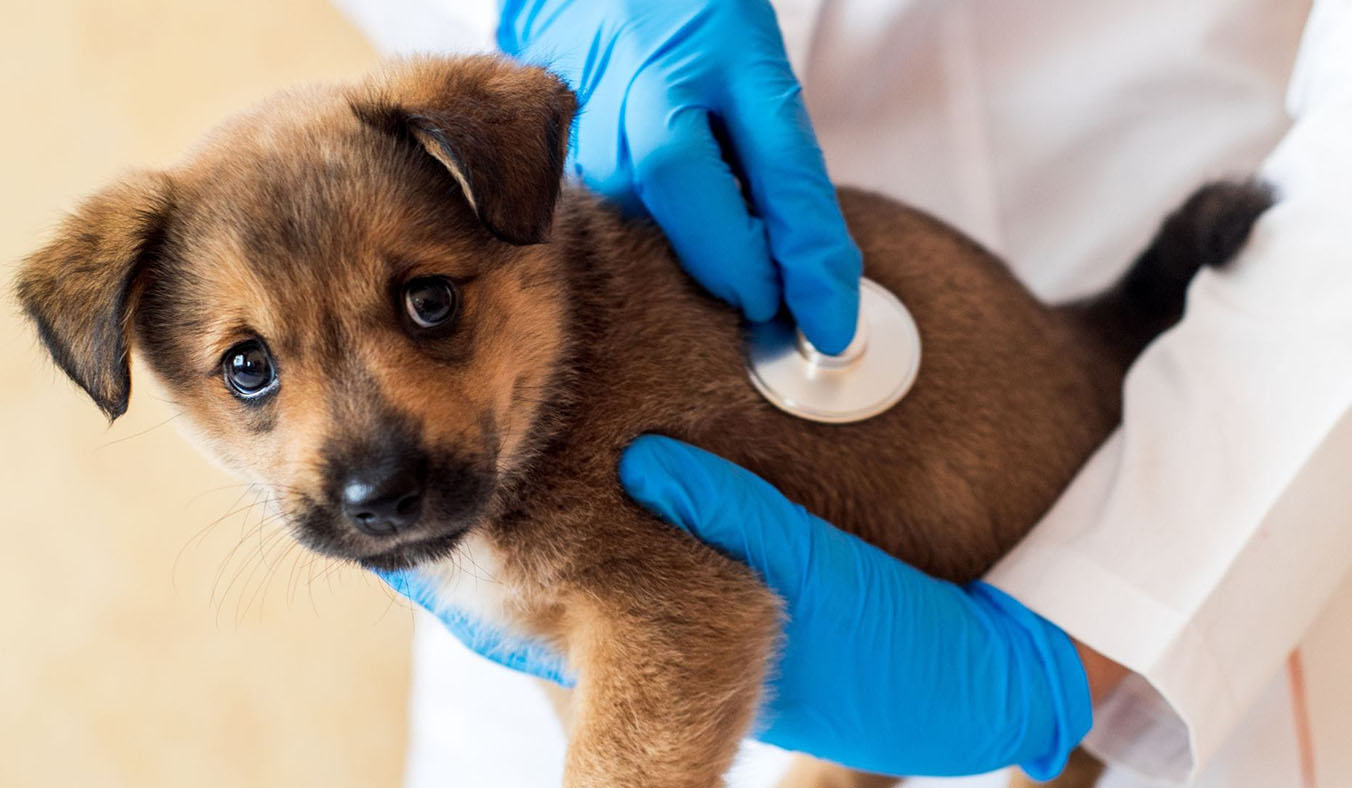In the realm of pet nutrition, few natural remedies hold as much acclaim as the humble pumpkin. This vibrant orange gourd is not only a symbol of fall but also a powerhouse of nutrients with remarkable effects on pet digestive health. Let’s delve into the magical world of pumpkin and its extraordinary benefits for our furry companions.
How Pumpkin Benefits Digestive Health in Pets:

Pumpkin serves as a natural remedy for various digestive issues in pets, owing to its array of nutritional components and healing properties. Here’s a closer look at how pumpkin works its magic in promoting digestive tract health:
- Rich in Soluble Fiber: Pumpkin boasts a high content of soluble fiber, a vital nutrient known for its role in regulating bowel movements and supporting overall gut health. This soluble fiber acts as a gentle bulking agent, aiding in the absorption of excess water in the digestive tract. For pets suffering from diarrhea, pumpkin helps firm up stools and alleviate discomfort.
- Nutrient-Rich Composition: Loaded with essential vitamins and minerals such as vitamins A, C, and E, potassium, and iron, pumpkin offers a nutritional boost to support immune function and optimize digestion. These vital nutrients play crucial roles in maintaining the health of the digestive system and promoting overall well-being in pets.
- Dual Action on Bowel Function: Pumpkin’s versatility shines through in its ability to address both diarrhea and constipation in pets. For pets experiencing diarrhea, the soluble fiber in pumpkin aids in absorbing excess water in the intestines, resulting in firmer stools and relief from gastrointestinal upset. Conversely, for pets struggling with constipation, the fiber acts as a gentle laxative, promoting regularity and easing bowel movements.
- Anti-Inflammatory Properties: Beyond its fiber content, pumpkin harbors anti-inflammatory properties that can provide soothing relief to irritated gastrointestinal tissues. This makes it particularly beneficial for managing digestive conditions characterized by inflammation, such as gastritis or inflammatory bowel disease. By reducing inflammation and promoting healing, pumpkin contributes to overall digestive tract health in pets.
In essence, pumpkin’s multifaceted approach to digestive health makes it a valuable addition to your pet’s diet, offering relief from gastrointestinal distress and promoting optimal well-being. Whether addressing specific digestive issues or as a preventive measure, incorporating pumpkin into your pet’s diet can help support their digestive system and ensure a happy, healthy life.
How to Introduce Pumpkin to Your Pet’s Diet:
Feeding pumpkin to your pet is not only beneficial but also straightforward. Here are several ways you can incorporate pumpkin into your pet’s diet:
- Canned Pumpkin: Choose plain, unsweetened canned pumpkin, avoiding pumpkin pie filling, which may contain additives like sugars and spices. Begin by mixing a small amount of canned pumpkin (e.g., a teaspoon for small pets, a tablespoon for larger pets) with your pet’s regular food. Monitor their response and adjust the quantity as needed based on their size and digestive tolerance.
- Homemade Pumpkin Puree: For pet owners who prefer a DIY approach, homemade pumpkin puree offers a wholesome and customizable option. Simply steam or bake fresh pumpkin until it’s soft, then mash or blend it into a smooth consistency. This ensures that your pet receives pure, natural pumpkin goodness without any additives or preservatives.
- Pumpkin Treats: Treat your pet to pumpkin-flavored treats or biscuits specially formulated for digestive health. These ready-made options are convenient for pet owners and provide a tasty way to introduce pumpkin into your pet’s diet. Just be sure to check the ingredients list to ensure they contain real pumpkin and are free from harmful additives.
- Frozen Pumpkin Cubes: Get creative by freezing pumpkin puree into ice cube trays to create portion-controlled servings. These frozen pumpkin cubes can serve as a refreshing treat on hot days or a delightful addition to your pet’s meal. Plus, the icy texture adds an element of fun and enrichment to your pet’s eating experience.
By incorporating pumpkin into your pet’s diet through these various methods, you can reap the digestive benefits while adding nutritional diversity to their meals. As always, consult with your veterinarian before making any significant changes to your pet’s diet, especially if they have underlying health conditions or dietary sensitivities. With proper introduction and moderation, pumpkin can be a delicious and beneficial addition to your pet’s wellness routine.
When to Seek Veterinary Guidance:

Despite its many benefits, pumpkin isn’t a cure-all, and there are instances when veterinary intervention is necessary. Here’s when it’s time to reach out to your veterinarian:
- Persistent Symptoms: If your pet’s digestive issues persist or worsen despite the addition of pumpkin to their diet, it’s a sign that there may be an underlying problem that requires professional attention. Continued diarrhea, constipation, or gastrointestinal discomfort should prompt a visit to the vet.
- Additional Concerning Signs: Keep an eye out for other concerning symptoms such as lethargy, vomiting, bloody stools, or changes in appetite or behavior. These could indicate more serious health issues that need to be addressed promptly by a veterinarian.
- Existing Health Conditions: If your pet has a pre-existing medical condition or is currently taking medication, it’s crucial to consult with your veterinarian before introducing pumpkin or any new dietary supplement. Certain conditions or medications may interact with pumpkin, so it’s essential to ensure that it’s safe for your pet.
- Dietary Sensitivities: While pumpkin is generally well-tolerated by most pets, some animals may have allergies or sensitivities to certain ingredients. If you notice any adverse reactions or allergic responses after feeding your pet pumpkin, discontinue use and consult with your vet to explore alternative options.
- Behavioral Changes: Pay attention to any changes in your pet’s behavior or demeanor after introducing pumpkin. If they seem unusually distressed, agitated, or uncomfortable, it could indicate an adverse reaction or underlying issue that requires veterinary evaluation.
Remember, your veterinarian is your best ally in ensuring your pet’s health and well-being. If you’re ever unsure or concerned about your pet’s digestive health or overall condition, don’t hesitate to seek professional guidance. Early intervention and proper medical care can help address issues promptly and prevent further complications, ensuring your pet stays happy and healthy for years to come.
Pumpkin stands as a shining beacon of hope for pets struggling with digestive woes. With its gentle yet effective healing properties, pumpkin has earned its place as a staple in the arsenal of natural remedies for pet digestive health. By incorporating pumpkin into your pet’s diet responsibly and knowing when to seek professional guidance, you can harness the transformative power of this miraculous gourd to promote your pet’s overall well-being and vitality.



